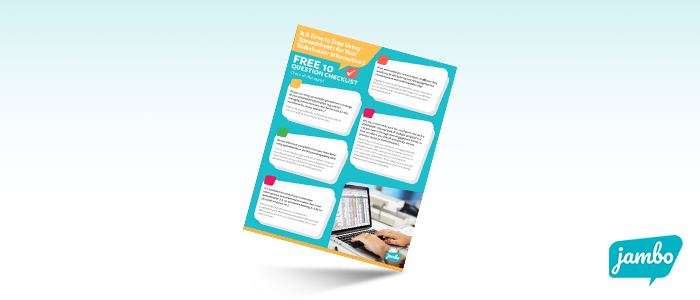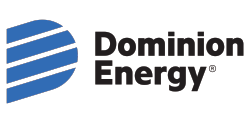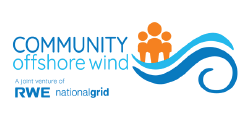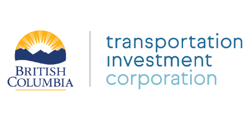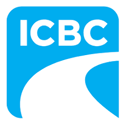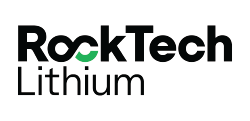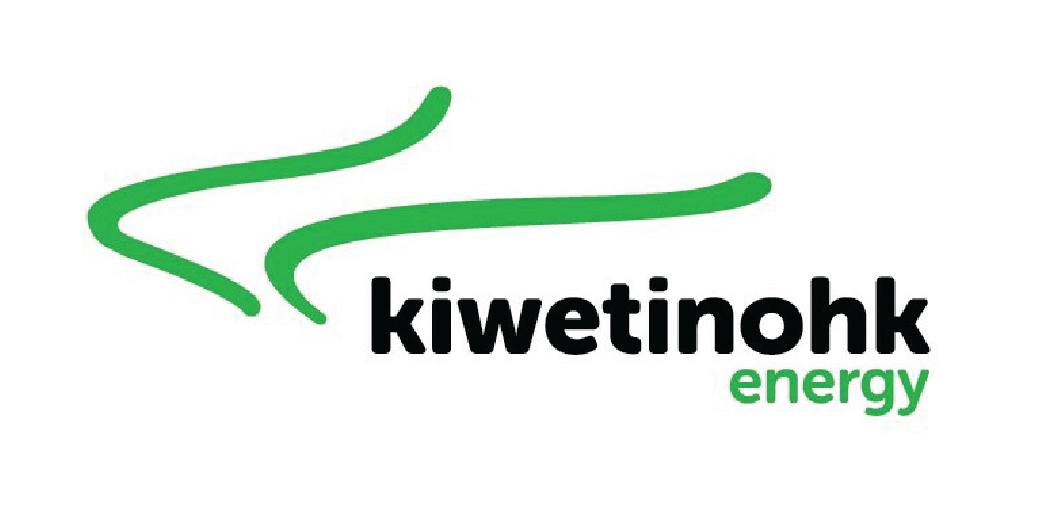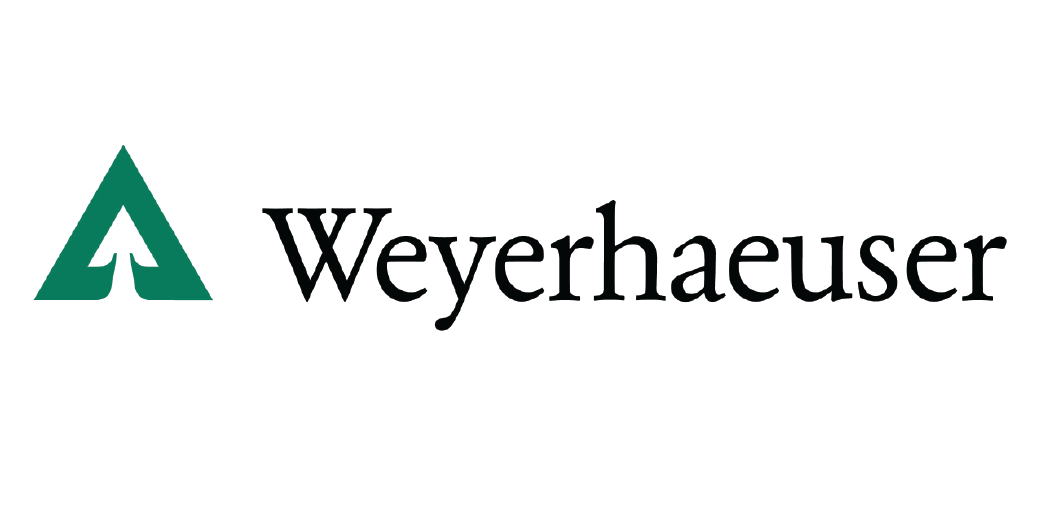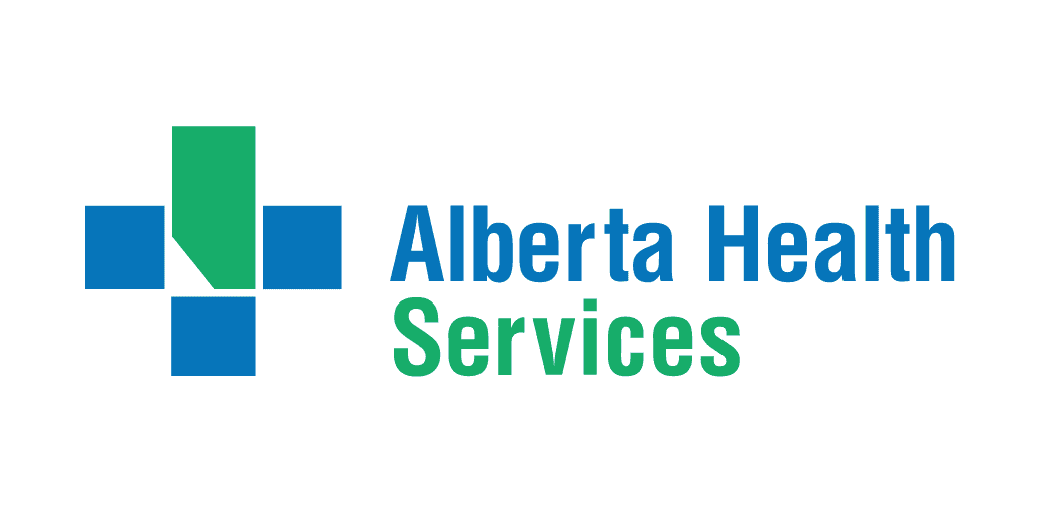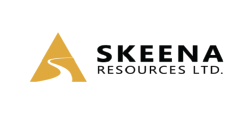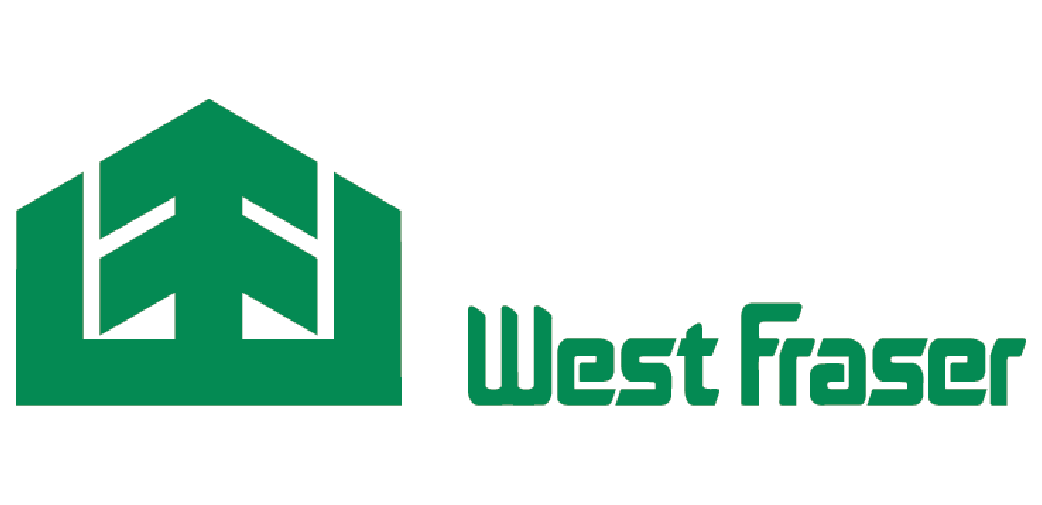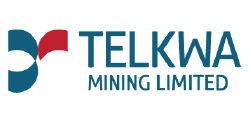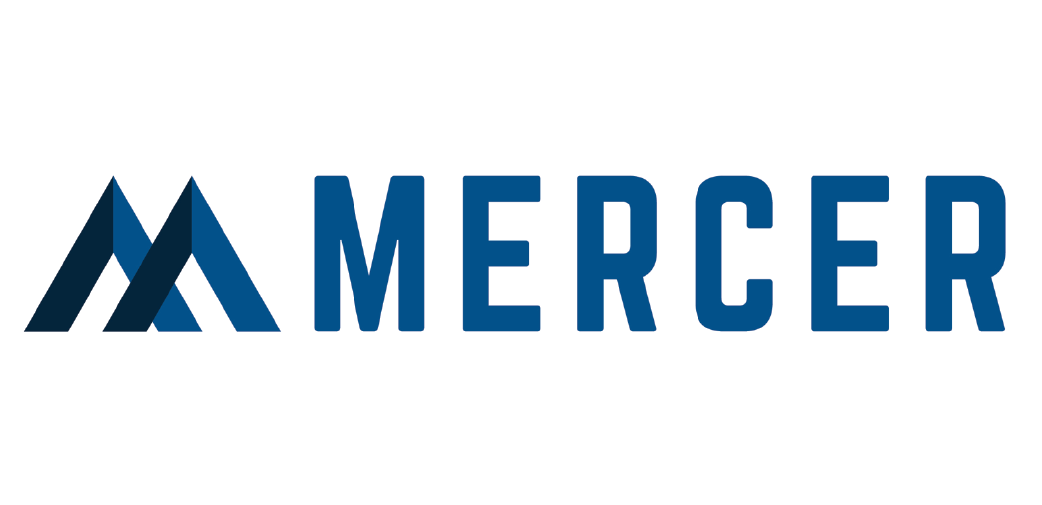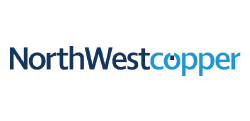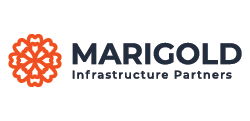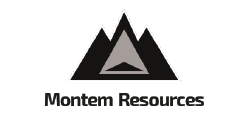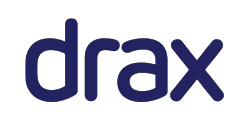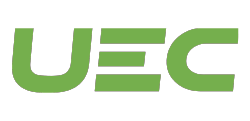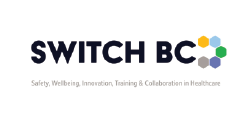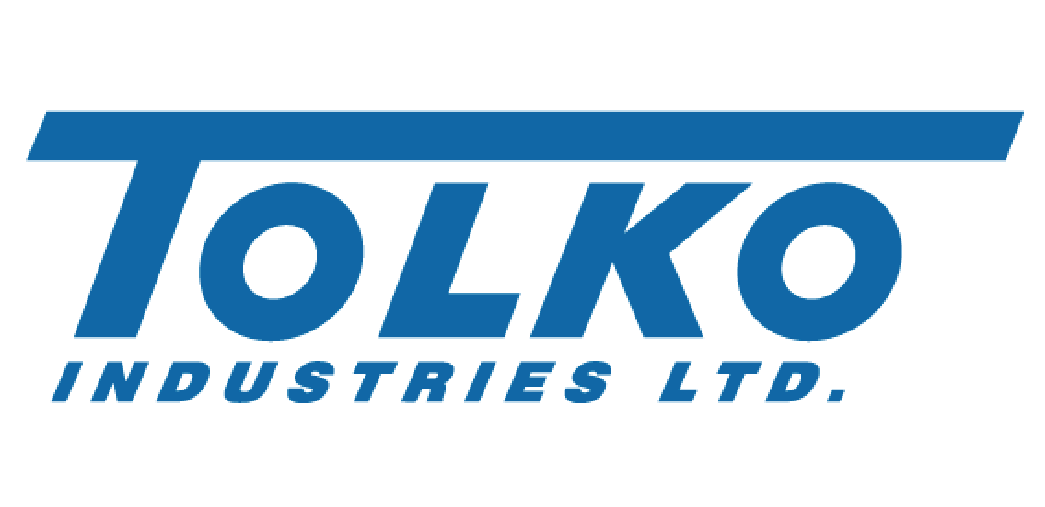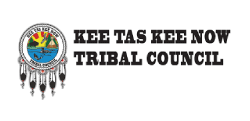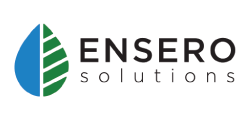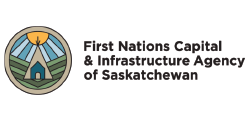Introduction
Ever wish you could make a more significant impact with your stakeholder engagement strategy? You’re not alone. Many professionals like you seek ways to level up and achieve remarkable results.
The good news? You can turn that wish into reality.
Taking your approach to the next level can be manageable. It’s possible to go beyond the ordinary and enhance your stakeholder relationships, which will help you make more informed decisions and confidently prioritize your organization’s goals.
Learn the strategies used by seasoned professionals who have mastered the art of stakeholder engagement and explore proven tips and techniques that’ll help you unlock a world of possibilities and practical solutions.
In this eBook, you’ll find:
- The importance of taking your stakeholder engagement to the next level
- Tips and techniques experienced engagement pros swear by
- Step-by-step guidance to elevate your strategy and achieve remarkable results
Chapter 1: Why advancing your stakeholder engagement strategy matters
Today’s stakeholder engagement landscape is complex, and professionals must level up their strategies and adapt to ever-evolving stakeholder needs.
The status quo is no longer sufficient and comes with risks such as disconnects, missed opportunities, and limited perspectives.
- Disconnects and missed opportunities: Failing to adapt to evolving stakeholder needs results in disconnection, mistrust, and missed collaboration opportunities.
- Limited perspectives: Neglecting diverse viewpoints hinders your understanding of community challenges and limits your ability to address them effectively or gain social license.
By elevating your approach to stakeholder engagement, you not only support your organization’s priorities but also cultivate long-lasting relationships and tap into the collective wisdom of your stakeholders.
- Unlock business success: Elevating your stakeholder engagement strategy leads to stronger relationships, increased trust, collaboration, and more successful outcomes.
- Tap into collective wisdom: Engaging stakeholders empowers them and unlocks their valuable knowledge, insights, and needs, enabling better decision-making and a more substantial community impact.
Read on to discover practical tips to advance your stakeholder engagement strategy, plus advice on how to turn these tips into action and how to use Stakeholder Relationship Management software (SRM) to support your efforts.
Discover 5 best practices for stakeholder engagement.

Chapter 2: How to advance your stakeholder engagement strategy
Forward-thinking professionals have realized that tracking contact information and checking boxes no longer suffices. Stakeholders and regulators expect more.
They recognize the importance of understanding stakeholders deeper, nurturing relationships, and leveraging data-driven insights to inform their engagement strategies.
In this chapter, learn some of the strategies they use and discover how you can apply them to level up your approach.
Get to know stakeholders on a deeper level
To enhance stakeholder engagement, go beyond surface-level data to gain valuable insights and build meaningful relationships. Savvy professionals delve deeper into stakeholders’ needs, preferences, and concerns by:
- Gathering insights on motivations, priorities, and desired outcomes
- Tailoring engagement efforts that resonate and deliver value
- Building collaborative partnerships through open and transparent communication
- Actively listening to stakeholders to understand their perspectives
But gathering data alone isn’t enough. The true power lies in leveraging these insights to drive action. Stakeholder engagement professionals use the information to:
- Make informed decisions and take targeted actions
- Identify improvement opportunities and strengthen relationships
- Drive impactful change and achieve desired outcomes
By taking these steps, you can maximize the impact of your stakeholder engagement efforts and create positive change within your organization and community.
How Stakeholder Relationship Management (SRM) software helps you turn insights into action
SRM software is a game-changer, allowing you to turn insights into action. SRM software, like Jambo, offers:
- Comprehensive stakeholder profiles and contact management
- Recording of interests, concerns, interactions, and feedback
- Insights that guide your engagement strategies
But SRM software goes beyond data collection. It empowers you to take action through:
- Relationship tracking to strengthen stakeholder connections
- Workflow automation for efficient engagement
- Reports and analytics dashboards to measure impact
To advance your stakeholder engagement strategy, teams must shift their mindset and embrace powerful tools like stakeholder management software.
Using SRM software can positively impact an organization's performance. A McKinsey Report on external engagement reveals that high-performing organizations are five times more likely to use digital tools effectively and successfully to track their engagement activities.
Discover practical tips and techniques to elevate your efforts in the upcoming chapters.
See how stakeholder relationship management (SRM) software helps you stay on top of stakeholder concerns.

Chapter 3: Practical tips to build strong stakeholder connections
Creating lasting relationships is critical to advancing your stakeholder engagement strategy. In this chapter, you’ll find actionable advice to strengthen these connections for improved communication, collaboration, and impactful outcomes.
Tip 1: Comprehensive stakeholder profiles
To enhance relationships, ensure your stakeholder profiles are complete. Here’s how:
- Add relevant information: Include social media profiles, preferred contact methods, and other valuable notes.
- Regularly review and update: Check for missing details and ensure accuracy in stakeholder profiles.
- Document valuable insights: Track interests, concerns, associations, and other important information about your stakeholders.
|
Jambo feature spotlight:
The benefits: When you use an SRM like Jambo to store your contact information, it instantly shares any updates team members make with everyone who has access. Say goodbye to conflicting data and information silos!
|
Tip 2: Effective communication tracking
To level up your stakeholder engagement, communications must be tracked efficiently and effectively. Here’s how:
- Document commitments or mitigations: Keep a record of discussions, promises, and required follow-up actions.
- Utilize issue or grievance-tracking tools: Leverage software that helps you track stakeholder concerns, issues, or grievances and illustrates the steps you’ve taken to resolve them.
- Prevent duplication: Knowing your communication history can help you avoid redundant efforts and prevent stakeholder fatigue.
|
Jambo feature spotlight:
The benefits:
|
Tip 3: Regular communication updates
To strengthen relationships with your stakeholders, it’s crucial to provide regular communication updates. Here’s how:
- Establish notification processes: Set up notifications to keep team members on top of tasks, issues, and commitments to help strengthen relationships with stakeholders.
- Utilize tags: Categorize stakeholders based on their interests or expertise to tailor communication updates to their specific needs.
- Implement communication campaigns: Plan and execute targeted campaigns to deliver the right information to stakeholders at the right time.
|
Jambo feature spotlight:
The benefits:
|
Continue reading to discover more tips to understand your stakeholders better.
Explore 5 simple ways to improve your stakeholder connections.
Chapter 4: Actionable tips to understand your stakeholders better
To enhance your stakeholder engagement strategy, it’s critical to understand your stakeholders deeply. This chapter provides actionable tips to uncover valuable insights about your stakeholders, enabling you to tailor your engagement efforts and build stronger relationships.
Tip 1: Comprehensive stakeholder profiles
Map your stakeholders to visualize and comprehend the relationships between stakeholders and your initiatives. Follow these steps:
- Identify impacted parties, including individuals and groups
- Analyze interconnections, identifying key influencers and detractors
|
Jambo feature spotlight: This information lets you segment your stakeholders into relevant groups using tools like tags and custom fields. You can also use this attribution to analyze feedback and understand their perspectives. This can be valuable when planning for a new project, the next phase, or making project decisions. This approach allows you to send more personalized communications to your stakeholders, which will help you build stronger, longer-lasting connections with them.
The benefits:
|
Tip 2: Identify stakeholder engagement preferences
To foster meaningful relationships, it’s crucial to understand how stakeholders prefer to engage. Follow these steps:
- Ask about their preferred contact methods
- Identify effective communication types and frequencies
- Align engagement efforts with stakeholders’ success criteria
|
Jambo feature spotlight:
The benefits:
|
Tip 3: Derive insights from stakeholder data
To make informed decisions in stakeholder engagement, you must make sense of the information you’ve collected. Here’s how using a stakeholder relationship management (SRM) system like Jambo can help:
- Identify trends and themes: Analyze stakeholder data to uncover recurring patterns and preferences.
- Assess risks and opportunities: Use SRM insights to proactively address challenges and capitalize on favourable circumstances.
- Drive informed decision-making: Make strategic decisions based on understanding stakeholder perspectives
Leveraging SRM insights streamlines the process of deciphering stakeholder data, enabling you to engage strategically and maximize the impact of your efforts.
Explore how this mining company successfully uses Jambo for effective stakeholder management.
Learn how to keep your stakeholder data clean.
Chapter 5: Consistent reporting for stakeholder engagement
Consistent reporting is vital in advancing your stakeholder engagement strategy. Explore practical tips to ensure your reporting efforts are effective and aligned with your goals.
Tip 1: Create a regular reporting cadence
Establishing a standard reporting cadence allows you to consistently track and monitor your stakeholder engagement progress. Here’s how you can implement this tip:
- Determine essential information: Identify the critical data you or your leadership team need to make informed decisions and specify the required frequency and level of detail.
- Choose reporting formats: Create standardized reporting formats, such as monthly reports or quarterly updates, to set expectations and provide structure.
- Streamline with SRM software: Get the most out of having your data in one location and streamline the reporting process with consistent data each time.
The benefits:
Regular reporting helps you assess the quality of your data, identify trends, improve communication with stakeholders, and enhance the success of your projects.
Tip 2: Build reporting behaviours
Cultivate consistent and accurate reporting by implementing the following steps:
- Define data update deadlines: Establish regular intervals (e.g., weekly) for team members to indicate when their stakeholder data is up-to-date for reporting purposes.
- Streamline with SRM software: Use tasks and tags within your SRM software to facilitate progress tracking and ensure data completeness for reporting.
The benefits:
Cultivating reporting behaviours enhances team efficiency and strategic work. It helps you identify data gaps, maintain reliable information, and make well-informed decisions based on real-time insights.
Tip 3: Strengthen your data with more feedback from stakeholders
More feedback from your stakeholders will help you produce more robust, insightful reports that enable your team’s decision-making and support your engagement activities.
Enable your team to engage more stakeholders by implementing these approaches:
- Diversify communication methods: Use various channels, such as flyers, posters, or mail drops, to reach stakeholders without internet access and provide them with suitable engagement options. This strengthens relationships and enriches your reporting data.
- Leverage technology: Use tools like Jambo’s project email feature, Outlook add-in, or create a pinned link to Jambo on your mobile device to streamline data logging and ensure accurate and efficient reporting.
The benefits:
By engaging more stakeholders and tracking those activities in your SRM, you enable everyone on the team, including contractors or third parties, to contribute seamlessly. This leads to more comprehensive and reliable data, resulting in enhanced insights, informed decision-making, and meaningful commitments.
Support your organization’s ESG goals
Integrate ESG metrics into your reporting framework to track and showcase your organization’s commitment to sustainability and responsible business practices, furthering your ESG goals.
The next chapter explores advanced techniques to elevate your stakeholder engagement strategy.
Learn more about the reports you can build in Jambo.

Take your stakeholder engagement strategy to the next level
Advancing your strategy is imperative for making a meaningful impact in today’s interconnected world. Throughout this eBook, you’ve learned valuable tips and techniques to level up your efforts and build lasting relationships with stakeholders.
- The next level is within reach: Implement strategies to comprehensively understand stakeholders, nurture relationships, and elevate your organization’s standards.
- The role of SRM software: Leverage powerful SRM software to centralize data, track communications, and gain valuable insights for informed decision-making.
- Take action: Incorporate the tips and techniques to advance your strategy. Every step you take brings you closer to stronger relationships and having a more significant impact on your communities.









